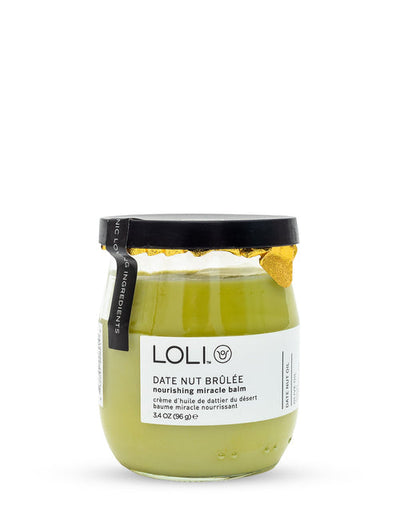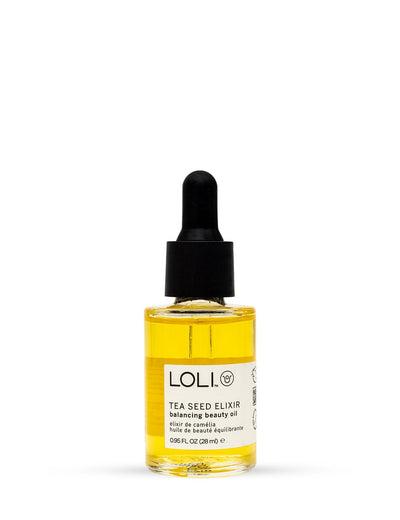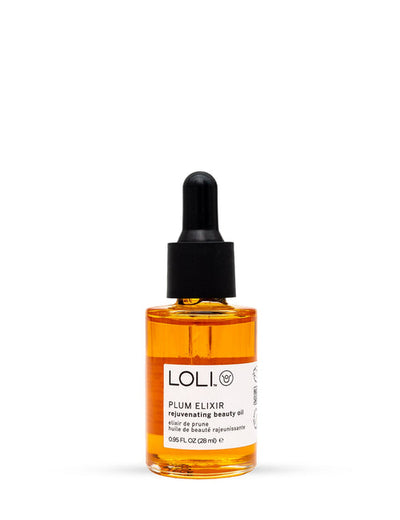Best Anti-Aging Vitamins – Expert-Backed Skincare Guide
Aging is natural, but wrinkles often feel like a battle we want to win gracefully. Instead of relying only on topical creams, science shows that certain vitamins can support skin health from within — helping reduce fine lines, improve elasticity, and give skin a more youthful glow.
The best vitamins for wrinkles include vitamin C, vitamin E, vitamin A (retinoids), vitamin D, and B-complex vitamins. They work together to protect against free radicals, stimulate collagen, and maintain skin hydration. Combined with a balanced routine and sun protection, vitamins can make skin appear healthier and more radiant.
Best Vitamins for Wrinkles: Your Expert-Backed Guide to Radiant Skin
Why Vitamins Matter in Wrinkle Prevention
Skin and Nutritional Support
Your skin is the largest organ, and just like the rest of your body, it depends on nutrients to function properly. Deficiencies can accelerate signs of aging.
Oxidative Stress and Free Radicals
Free radicals — unstable molecules triggered by UV exposure, pollution, and stress — cause oxidative damage. Vitamins are natural antioxidants that defend against this damage.
Beyond Topical Creams
While moisturizers and serums help externally, dietary vitamins and supplements nourish the skin from the inside, creating long-term benefits.
The Best Vitamins for Wrinkles
When it comes to skin aging, research shows that vitamins play a crucial role in slowing the aging process and supporting healthy aging. A balanced intake of anti-aging vitamins can help protect against skin damage, support collagen production, and improve skin hydration and elasticity. These nutrients not only reduce the appearance of wrinkles, but may also improve overall skin parameters and condition, according to multiple human studies and randomized controlled trials.
Along with vitamins, other anti-aging supplements such as coenzyme Q10, collagen peptides, and hyaluronic acid have shown strong results in both animal studies and clinical trials. These compounds can enhance skin health, support wound healing, and promote skin repair while fighting oxidative stress linked to cellular aging and age-related diseases.
Vitamin C – The Collagen Booster
How Vitamin C Works
Vitamin C is widely studied for its role in stimulating skin collagen. As collagen levels decline with age, supplementation becomes essential for collagen synthesis. Products or skin creams containing vitamin C are often used to brighten facial skin, reduce age spots, and improve overall skin texture. It can also help protect the skin from sun damage and support wound healing, making it one of the most effective anti-aging vitamins.
Sources of Vitamin C
- Citrus fruits
- Kiwi
- Bell peppers
- Leafy greens
Try adding a vitamin C-rich serum alongside dietary sources for a holistic anti-aging routine.
Vitamin E – The Skin Shield
Vitamin E supplements are known for their anti-aging benefits. They help reduce fine lines and wrinkles, promote skin hydration, and may improve skin elasticity. Both vitamins C and E used together in anti-aging products show enhanced effects on skin repair and protection against UV-induced damage. A product containing vitamin E can also support heart health, cognitive function, and may reduce the risk of certain age-related diseases — further proving the holistic value of this nutrient.
How to Get It
- Nuts and seeds
- Avocado
- Plant oils
Tip: A vitamin E-rich facial oil can be a gentle DIY option for dry skin.
Vitamin A – The Wrinkle Fighter
Vitamin A, commonly found in skin care formulations as retinoids, is a cornerstone of anti-aging products. It improves skin texture, boosts cellular turnover, and reduces the appearance of wrinkles on the face and neck. Clinical research shows that supplementation or topical products with vitamin A may improve skin radiance, reduce signs of aging, and support youthful skin.
Food Sources
- Sweet potatoes
- Carrots
- Dark leafy greens
Important: Vitamin A can cause sensitivity; always use sunscreen when applying retinoid creams.
Vitamin D – The Skin Nourisher
Vitamin D deficiency is common among older adults, and it has been linked to multiple age-related diseases and skin conditions. Adequate vitamin D levels support cellular health, skin hydration, and may reduce the risk of cognitive decline. A supplement containing vitamin D can improve overall skin texture while also supporting healthy bones and immune function — all vital for healthy aging.
Foods Containing Vitamin D
- Fatty fish
- Mushrooms
- Fortified dairy alternatives
Vitamin K and Vitamin B3 – Skin Elasticity and Repair
While less discussed, vitamin K and vitamin B3 play unique roles in skin care. Vitamin K may reduce age spots, promote wound healing, and enhance skin repair. Vitamin B3 (niacinamide) is widely used in anti-aging products for its ability to improve skin hydration and elasticity, strengthen the skin barrier, and reduce fine lines and wrinkles.
Niacinamide for Wrinkles
Vitamin B3 (niacinamide) reduces fine lines, uneven tone, and strengthens the skin barrier.
Biotin for Elasticity
Biotin (B7) contributes to healthy skin texture and hydration.
Dietary Sources
- Whole grains
- Eggs
- Legumes
Beyond Vitamins – Anti-Aging Supplements That Work
Alongside dietary supplements containing vitamins, additional compounds are gaining attention:
- Collagen supplements and collagen peptides may improve skin elasticity and hydration, reduce the appearance of wrinkles, and enhance skin radiance.
- Hyaluronic acid supplementation on skin has been shown in human studies to reduce wrinkles and improve skin texture by supporting hydration.
- Coenzyme Q10 supplementation can help fight aging, improve skin parameters and condition, and may improve overall skin texture.
- Curcumin supplementation shows potential in clinical trials for reducing inflammation and supporting healthy aging.
All of these supplements may offer anti-aging benefits, but results vary depending on dosage, formulation, and individual needs. When choosing a supplement, it is important to focus on products with vitamin C, E, D, K, or B3, ideally combined with collagen and hyaluronic acid, for maximum anti-aging effects.
Quick takeaway: Combining anti-aging vitamins, collagen supplements, and hydration boosters like hyaluronic acid can significantly improve skin hydration and elasticity, reduce the appearance of wrinkles, and support youthful skin. Clinical and randomized controlled trials confirm that these nutrients can slow aging, improve skin conditions, and even contribute to broader health benefits such as heart health and cognitive function.
DIY and Safe Use Tips
Hypoallergenic Approach
Always choose hypoallergenic, ECOCERT-certified products to reduce the risk of irritation.
DIY Vitamin Mask
A simple DIY mask using yogurt (rich in B vitamins) and honey (antioxidant) can provide a natural glow.
Safety Precautions
Consult a dermatologist before starting supplements, especially if you have chronic conditions or take medication.
Creating a Wrinkle-Resistant Routine
Combine Vitamins with Skincare
Pair vitamin-rich foods and supplements with topical products containing the same nutrients.
Daily Habits That Matter
- Use sunscreen daily
- Stay hydrated
- Prioritize sleep
- Avoid smoking
FAQ: Best Vitamins for Wrinkles
Which vitamin is best for wrinkles?
Vitamin C and Vitamin A are the most studied for wrinkle reduction. They promote collagen production and improve skin texture.
Can vitamins remove wrinkles completely?
No vitamin can erase wrinkles completely, but a combination of vitamins C, E, A, D, and B can reduce their appearance and slow the formation of new ones.
Is it better to take vitamins or use them in creams?
Both methods are effective. Oral vitamins nourish the skin from within, while creams provide targeted topical benefits.
Are vitamins safe for sensitive skin?
Yes, but it is important to choose hypoallergenic and ECOCERT-certified products. Always patch test before applying them fully.
Sources
-
Pullar, J.M., Carr, A.C., & Vissers, M.C. (2017). The roles of vitamin C in skin health. Nutrients, 9(8), 866. PubMed
-
Rhie, G., Shin, M.H., Seo, J.Y., et al. (2001). Aging- and photoaging-dependent changes of enzymic and nonenzymic antioxidants in the epidermis and dermis. Journal of Investigative Dermatology. PubMed
-
Mukherjee, S., Date, A., Patravale, V., et al. (2006). Retinoids in the treatment of skin aging: an overview. Clinical Interventions in Aging. PubMed





